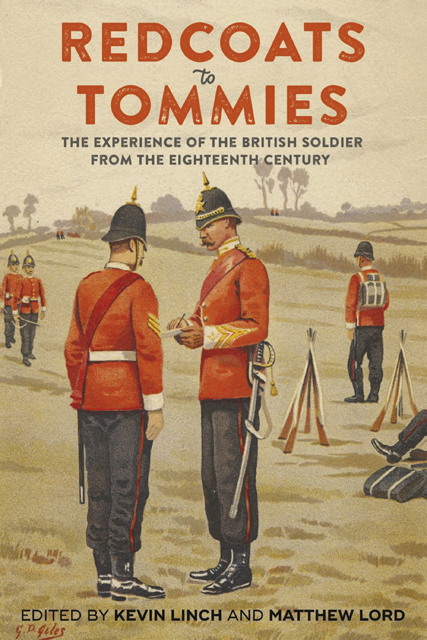3 - ‘Kitchener’s Mob’: Myth and Reality in Raising the New Army, 1914–15
Published online by Cambridge University Press: 17 January 2023
Summary
‘There’s old Kitchener wants you’, he says, ‘for your King and your Country need you’, says he. ‘Them as goes now’, says he, ‘will be bloomin’ British heroes.’
The Old Army was the nation in miniature. The New Army is the nation itself.
Recruitment for the Pals Battalions became a focus for barely disguised snobbery.
Popular memory holds that the volunteer army raised by Lord Kitchener in the opening weeks of the First World War was formed in the wake of a great recruiting campaign; that thousands lined up outside the recruiting offices; and that Kitchener’s Army, as it came to be known, was an army of Pals battalions whose engagement on the Somme in 1916 was to have far-reaching implications for the British nation. This volunteer army is generally presented as a coherent whole, albeit one collected into battalions raised locally and identified with specific communities. While there is a large literature that examines matters of recruitment, there are still aspects that need examination, and particularly so since, as Jay Winter has put it, ‘The men who joined Kitchener’s armies in 1914–15 … lived in what was probably the most class-conscious nation in Europe’. This chapter re-examines the motivations for the volunteer army in 1914, specifically considering the raising of battalions in the industrial cities of England, leaving aside the complex issues relating to Ireland and the formation of a Welsh Army Corps. While much has already been made of the demography of the first to join ‘Kitchener’s Mob’ in August–September 1914, there has been a tendency to homogenise the first volunteers. This has veiled clear distinctions between the first to join and those who were carried along within the Pals battalions, particularly in relation to social class and regional identity.
Kitchener and His Armies
At the outbreak of war on 4 August 1914, Lord Kitchener was universally perceived as a national hero: The Times confidently proclaimed ‘abundant testimony to the confidence his name inspires in the public at this tremendous crisis’. H. W. Wilson saw him as ‘The Man who gets things done’. Appointed Secretary of State for War in Asquith’s government, Kitchener’s maiden speech made it plain that he took the commission only in the spirit of doing his duty for his country.
- Type
- Chapter
- Information
- Redcoats to TommiesThe Experience of the British Soldier from the Eighteenth Century, pp. 58 - 82Publisher: Boydell & BrewerPrint publication year: 2021

